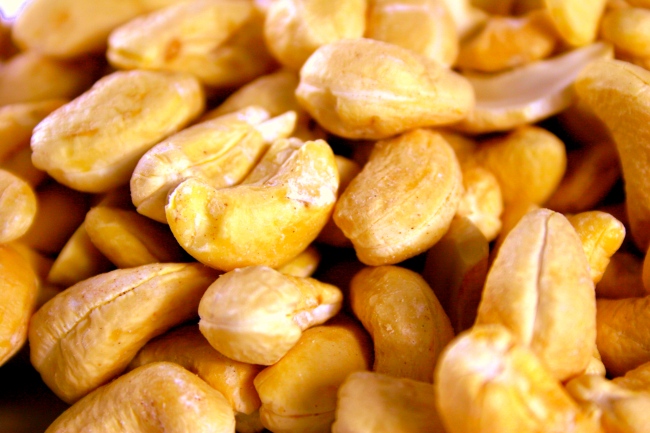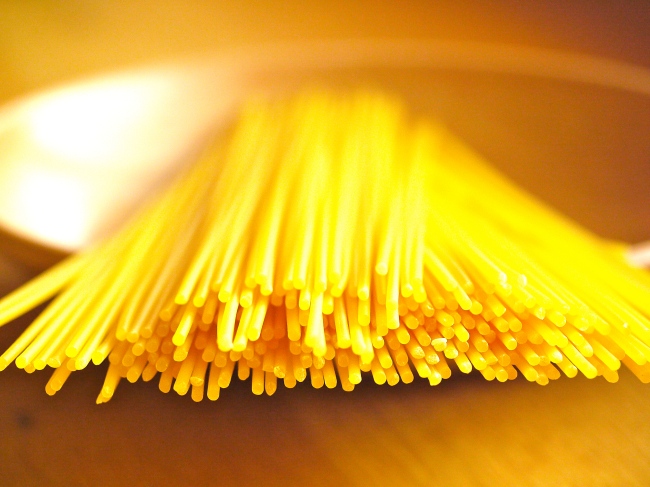Depression is not a thing to be trifled with, simply saying the word even makes you feel down and out. If this anomaly isn’t dealt with at the first manifestation it will develop into a manic epidemic that leeches to your brain and very life.
I may be a little candid with my description but only because I have seen what it’s like. I’m sure even the happiest most intelligent person can’t say they’ve never been depressed. We’ve all been, it’s suppose to be on our resume of being human. Yet it was not intended for us to undergo it for long, deathly periods.
First of all what is depression? I’m going to put it in laymen terms…
It’s not when someone wants to kill themselves. That’s a symptom. Depression is, to put simply, just not feeling so “hot”. Everything to the individual has a negative vibe no matter how positive the environment may be. It is actually more to do with the mind/willpower and the lack of a balance function of the brain than most may think. Right thoughts produce good actions. If the thoughts are not right, the feelings won’t be right. So, I guess we could say mind therapy is apart of the healing process.
The brain, however is made up of a network of neurons, which are nerve cells, and if not kept in good condition they fire out of control. This is one of the factors that affect the thinking of an individual in a depressive state. Despite that, the condition is not hopeless there is always a way to bring back order to anarchy. In fact there are many different approaches we can take to treat this condition and prevent it.
What we’re going to do is to tackle this giant with, what I like to call, the ‘slingshot-approach’.
Let’s imagine you have a slingshot. In that slingshot there’s a stone and that stone represents food. Come on, tell me that isn’t good news! Food for depression is better than no food at all!
We often take for granted the food we eat, thinking it has no impact apart from making us feel less hungry. I’m here to tell you my friends food and the elements in them, play a fundamental role in overcoming depression.
Tryptophan
That’s pronounced trip-to-fan, if you were wondering. If not, then ignore the first line and read on.
This amino acid is essential because it influences mood. It is a precursor to serotonin a neurotransmitter, which is responsible for good feelings and relaxation. Therefore, we want foods that have this wonderful chemical tryptophan–the more we get of it the more our levels of serotonin increase.
These foods include:
BEANS
LEGUMES
NUTS
Whole Grains
Yes, it’s true. Whole grains are good for depression and here’s why.
During the digestion of whole grains (3-5hrs) glucose is being released continually thereby keeping a maintained level in the blood. Because glucose is the primary fuel for neurons, a relatively constant level of it contributes to good brain function and prevents sudden mood swings.
Whole grains also promote serotonin production and provide B-group vitamins that aids in mental stability!
Sources of whole grains include:
Omega 3 fatty acids
A diet low in omega 3 fatty acids appears to promote depression. According to a study conducted by the University of Bristol in the UK omega 3 fatty acids produces anti depressive effects1. How does it do this? The primary omega 3 fatty acid alpha linolenic acid (ALA), found in plants, converts into eicosapentaenoic acid, EPA and docosahexaenoic acid, DHA, when in the body (quite a mouthful eh?). All are necessary for brain development. Well, if that’s the case we need to get some of those right?
The best sources are:
FLAXSEED
WALNUTS
Note: I would strongly suggest not to use fish as your primary source for omega 3 due to dumping of toxic elements in the sea and a high risk of contamination from parasites and bacteria.
There you have it. A few solutions on tackling depression, by focusing on the physical health and needs of the neurons.
If the neurons are in optimal health then the mind on a whole will be also. Balance should be and will be restored with just a cinch of effort to incorporate these foods into your diet.
How about you? How have you dealt with those “blue” moment
1 Healthy Body, A practical guide to health care, 1st edition, MD, Pamplona-Roger D.George, 2010







